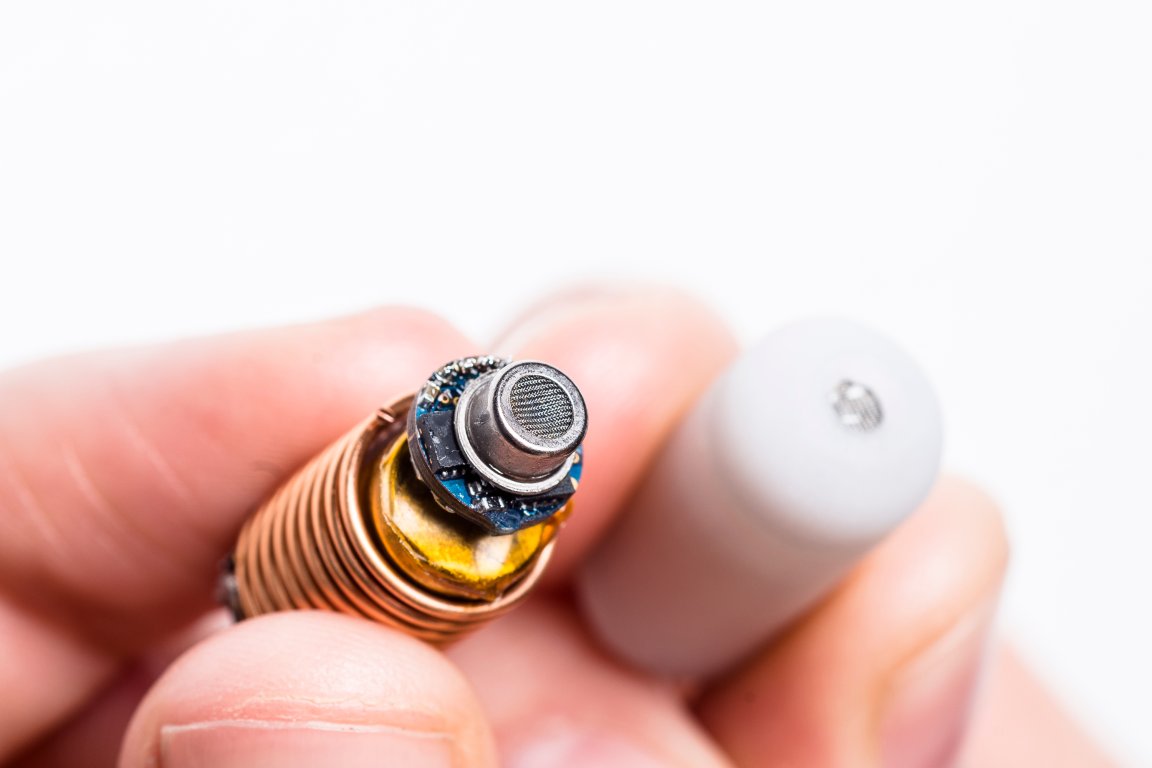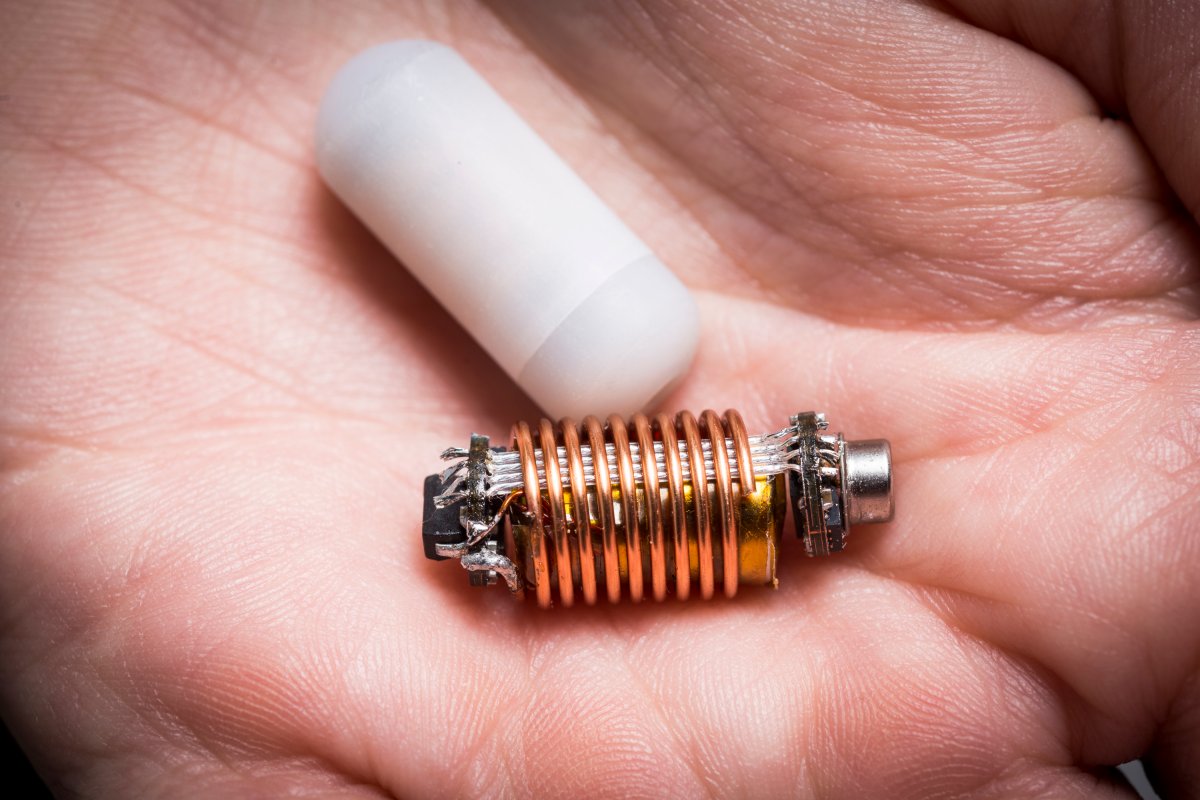
A Swallowable Sensor
From anxiety to autism, recent research has unveiled the far-reaching influence that our gut and its inner workings have on our holistic health. The truth seems to be that there is far more complexity to our digestive tract than we usually recognize. Now, a new swallowable sensor could illuminate dynamic systems of the gut that have previously been hidden.
Researchers at RMIT University in Melbourne, Australia, have revealed findings from the first human trials of a pill-sized capsule designed to help doctors detect and diagnose disorders and diseases of the gut. The sensor can withstand the harsh conditions of stomach acid and intestinal enzymes while it captures real-time measurements of gut gases, including hydrogen, carbon dioxide, and oxygen, all while sending the data to a device like a smart phone.

During the study, which was published Jan. 8 in Nature Electronics, the senors were tested in seven healthy participants who ate low- and high-fiber diets. The sensors were able to accurately measure when food broke down in the participants’ guts, confirming their potential as clinical tools for monitoring gut health and activity.
This is an exciting development in the world of digestive health, as swallowable sensors represent far more effective tools for measuring gut activity than were previously available. To this point, the 20% of people worldwide who will suffer from a gastrointestinal disorder at some point in their lives have had to undergo an invasive colonoscopy or surgery, or provide fecal samples, which are not always a good measurement of at-the-moment microbiome activity.
But this trial not only revealed the safety and effectiveness of a swallowable sensor — it revealed something remarkable about the gut itself as well.
A New Immune Mechanism
Data from the swallowable sensor revealed that the stomach was releasing oxidizing chemicals to neutralize and destroy any foreign molecules that lingered in the stomach for longer than they should.
“This could represent a gastric protection system against foreign bodies,” Kourosh Kalantar-zadeh, study lead and capsule co-inventor, said in a press release. “Such an immune mechanism has never been reported before.”

The findings also suggest that extremely high-fiber diet diets may cause the colon to contain oxygen — a gas never observed in the colon before. “This new information could help us better understand how debilitating diseases like colon cancer occur,” Kalantar-zadeh said in the press release.
The results of this small study have been encouraging enough for the researchers to partner with product development firm Planet Innovation to establish a company called Atmo Biosciences, which will prepare for a larger study. The team is also beginning the process of commercializing the sensors as a potential diagnostic tool for an array of gut disorders, from food nutrient malabsorption to colon cancer.